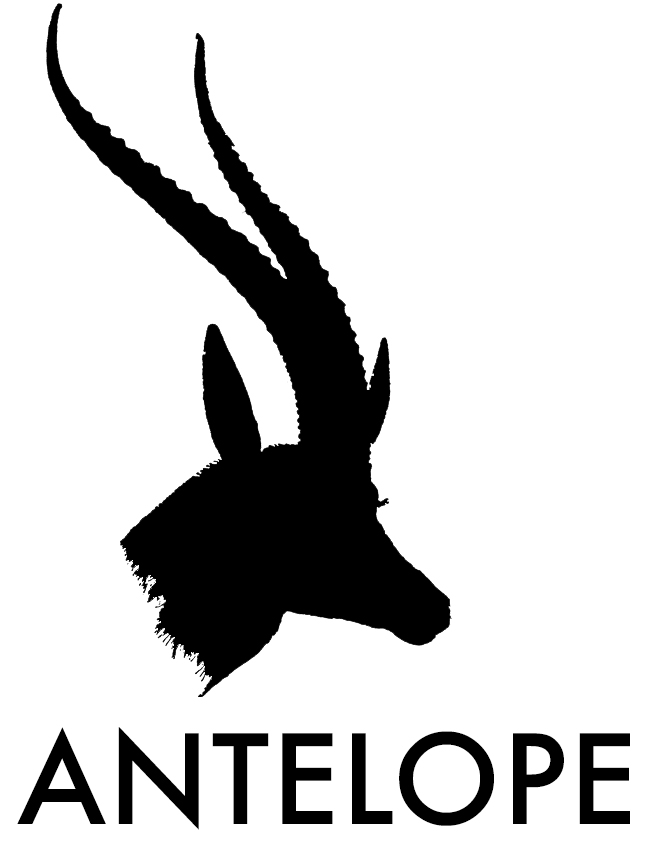Communication should be the most simple thing...
Communication should be the simplest thing in the world – normally it is one of the first things we do as babies and something we practice day in, day out. Yet, it can also be the most complicated.
Even when we know exactly what we want to say, and who we want to say it to, it can be, well, difficult. Think about it...
We have one day a year dedicated to communicating our enduring love to our nearest and dearest – but actually don’t tell them who we are.
We have friends that we talk to all the time, know exactly what they are doing - when and with who - and yet we haven’t spoken to them for the last 10 years.
Meanwhile, our kids talk and (literally) write in code while we try to keep up they LOL at us.
Communication and the way we communicate has evolved so much that it’s no surprise that on a personal level we can find it hard to engage our children, speak with our friends or tell family and friends we love them.
If people are struggling with talking to their loved ones, how should a brand then approach that person to talk to them about their needs and desires?
And should it at all?
We live in a world of information – information about how far we have walked, our heart rate, our daily calories often pumped into our devices. We log on and share photos of our families, where we are through GPS and what we are doing with friends, colleagues and complete strangers. But is that communication? Is that engagement? Is all this information producing the framework to be able to read what you are feeling, needing and wanting at any one moment?
In the old days of retail customers walked into a shop. The shopkeeper would chat and find out how you were, what was happening in your life. From that conversation, they could advise/recommend products and services to help how you were feeling right then. Now we no longer need to leave the house to shop, work, socialise – is there anyone taking our social temperature?
Transparency and information clarity will become more and more essential come May when GDPR becomes legal. Understanding who your real friends are and who are those contacts who are not happy with you holding their details anymore will become apparent.
We wonder if this means a sea change in communication is upon us. Instead of quantity of communication will come quality. Instead of number of followers, virtual friends and brand likes we will seek something different.
We have advocated personalised communications at Antelope for a long time. We believe that to really talk to people you need to talk their language. We believe that you should listen first before you speak and adapt what you are saying to the conversation rather than a blanket response to all.
Social etiquette is a funny thing and being able to judge a situation and how to react can be difficult for the most social skilled of us. Take that into a business context where you want to speak to thousands, sometimes hundreds of thousands, can be hard. Finding the piece of communication that resonates with the majority is near impossible. So, personalised campaigns where you identify need and desire and channel your efforts into bringing solutions to those needs and desires are far more effective that one message works for all.
Maybe by simplifying our data, we will learn to simplify our communications. By taking time out to think before we speak, what we say will become more meaningful.
